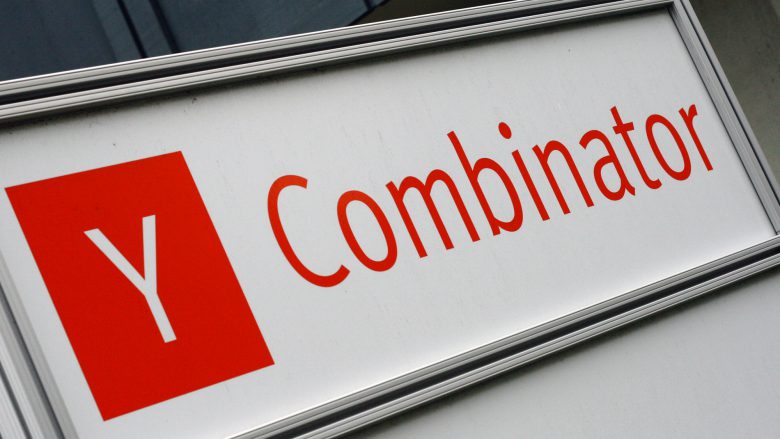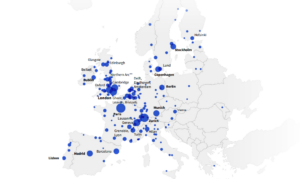„Plan for the worst“: Y Combinator warnt Startups vor Rezession

Crash am Tech-Aktienmarkt, Die Warnung vor Unicorn-Zombies, sinkende Bewertungen, Downrounds: Nach vielen Jahren des Wachstums kursieren immer mehr Warnungen in der Startup-Branche vor einer drohenden Rezession. Während in der Corona-Krise staatliche Hilfen in Billionenhöhe noch für einen zusätzlichen Schub im Markt („Digitalisierung“) sorgten, müssen große wie kleine Investor:innen nun herbe Verluste hinnehmen. So haben etwa Softbank oder Tiger Global von Milliardenverlusten berichten müssen.
Nun hat sich auch der im Silicon Valley berühmte Frühphasen-Investor und Accelerator Y Combinator in einem Schreiben an Gründer:innen gewandt. Darin wird vor den Folgen für Startups einer Rezession gewarnt – und Tipps gegeben, wie man sich auf eine solche Phase vorbereiten kann. Hier der Schreiben in voller Länge:
- No one can predict how bad the economy will get, but things don’t look good.
- The safe move is to plan for the worst. If the current situation is as bad as the last two economic downturns, the best way to prepare is to cut costs and extend your runway within the next 30 days. Your goal should be to get to Default Alive.
- If you don’t have the runway to reach default alive and your existing investors or new investors are willing to give you more money right now (even on the same terms as your last round) you should strongly consider taking it.
- Regardless of your ability to fundraise, it’s your responsibility to ensure your company will survive if you cannot raise money for the next 24 months.
- Understand that the poor public market performance of tech companies significantly impacts VC investing. VCs will have a much harder time raising money and their LPs will expect more investment discipline.
As a result, during economic downturns even the top tier VC funds with a lot of money slow down their deployment of capital (lesser funds often stop investing or die). This causes less competition between funds for deals which results in lower valuations, lower round sizes, and many fewer deals completed. In these situations, investors also reserve more capital to backstop their best performing companies, which further reduces the number of new financings. This slow down will have a disproportionate impact on international companies, asset heavy companies, low margin companies, hardtech, and other companies with high burn and long time to revenue.
Note that the numbers of meetings investors take don’t decrease in proportion to the reduction in total investment. It’s easy to be fooled into thinking a fund is actively investing when it is not. - For those of you who have started your company within the last 5 years, question what you believe to be the normal fundraising environment. Your fundraising experience was most likely not normal and future fundraises will be much more difficult.
- If you are post Series A and pre-product market fit, don’t expect another round to happen at all until you have obviously hit product market fit. If you are pre-series A, the Series A Milestones we publish here might even turn out to be a bit too low.
- If your plan is to raise money in the next 6-12 months, you might be raising at the peak of the downturn. Remember that your chances of success are extremely low even if your company is doing well. We recommend you change your plan.
- Remember that many of your competitors will not plan well, maintain high burn, and only figure out they are screwed when they try to raise their next round. You can often pick up significant market share in an economic downturn by just staying alive.
- For more thoughts watch this video we’ve created: Save Your Startup during an Economic Downturn
Die Unicorns von 2021 könnten zu den Zombies von 2022 werden


























